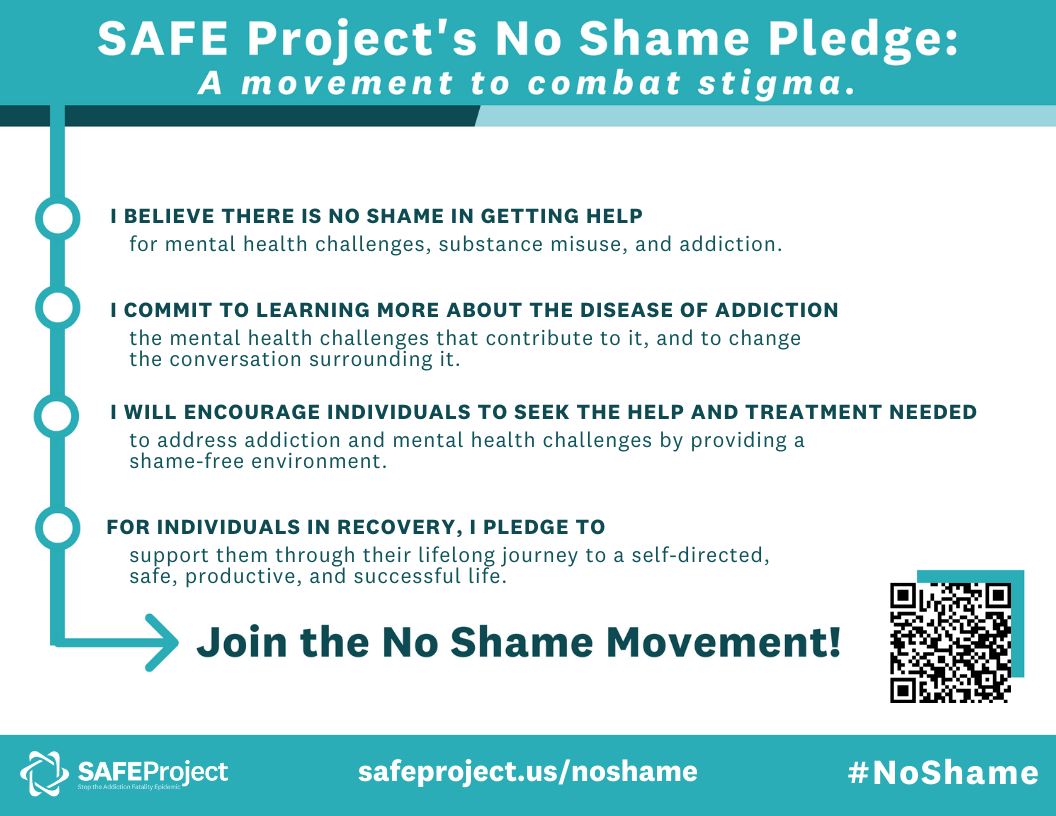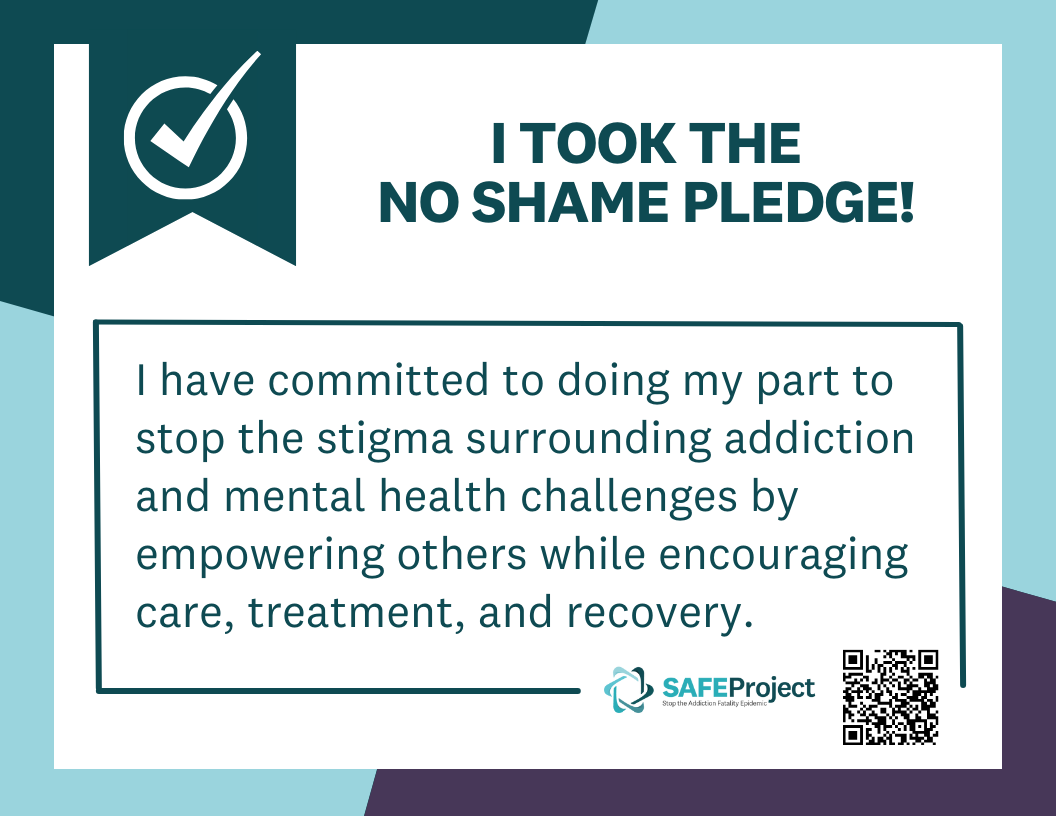
In the fast-paced world of construction, prioritizing worker wellness is more crucial than ever. The health of construction employees is directly tied to productivity, job satisfaction and overall business success. One effective way to enhance worker wellness is by promoting recovery from substance use disorders (SUDs) and reducing the associated stigma. Here’s how we can make a difference in the construction industry.
Understanding Recovery’s Role in Construction
Substance use disorders affect millions of people, and the construction industry is not immune. Workers struggling with SUDs often face decreased productivity, higher absenteeism and an increased risk of workplace accidents. The stigma surrounding addiction can prevent individuals from seeking help, exacerbating these issues.
Promoting recovery isn’t just compassionate — it’s strategic. By creating a supportive environment that encourages recovery, employers can foster a healthier, more engaged workforce, leading to better job performance, reduced health care costs and a positive company culture.
The No Shame Pledge
SAFE (Stop the Addiction Fatality Epidemic) Project is a national nonprofit dedicated to ending the addiction crisis in the U.S. It offers resources and programs to support individuals in recovery, and fight the stigma around SUDs. One of the key initiatives is the No Shame Pledge, a public commitment to end the stigma surrounding addiction and mental health issues.
By taking the No Shame Pledge, individuals and organizations promise to treat those struggling with SUDs with compassion, understanding and respect. The pledge promotes open discussions about addiction, educates people about SUDs and builds a supportive community for those in recovery.


Bringing the No Shame Pledge to Construction Sites
Employers in the construction industry can play a pivotal role in promoting recovery by integrating the principles of the No Shame Pledge into their workplace culture. Here’s how to get started:
- Education and awareness — Offer training and resources about SUDs, recovery and mental health through workshops, seminars and informational materials.
- Supportive policies — Implement policies that support recovery, such as flexible work schedules for treatment, confidential counseling services and nonpunitive medical leave.
- Open dialogue — Create a safe space for employees to discuss their struggles without fear of judgment. Encourage leaders to share their own recovery experiences.
- Access to resources — Ensure employees have access to recovery resources like employee assistance programs (EAPs), local support groups and recovery coaches.
- Recognizing recovery achievements — Celebrate recovery milestones to boost morale and encourage others to seek help.
Real Stories From Industry Leaders
Dana Wentzel Piscopo, director of global sales operations at Oracle, openly shared her recovery journey: “I’ve been sober and in recovery for almost four years. It was affecting my personal and professional life. Quitting drinking was one of the hardest but most fulfilling things I’ve ever done. Setting boundaries and using tools like meditation and journaling help me stay on track.”
Piscopo continued: “A new sense of purpose overwhelmed me. I did not go to meetings; however, I did decide to become a recovery coach. Once certified, I knew in my heart I wasn’t the only one suffering in silence at work. I stepped out of my comfort zone and went to senior leadership with my story, wanting to help my colleagues.”
Piscopo’s recovery impacted her career: “I was promoted twice in 10 months, first to senior manager, then to director. Leading a team is hard, heartwarming, challenging and fulfilling to a degree I did not know possible.”
She also emphasized the importance of boundaries: “Boundaries, empathy, authenticity and vulnerability have all become my best friends not only at work but in my personal life as well. I have a ‘toolbox’ with tools like meditation, breathing and journaling that help me push forward and bring me back to why I am sober and in recovery.”
Piscopo has also challenged misconceptions about recovery in the workplace. “I started two employee resource groups, Reclaim Your Moxie for well-being and mental health, and OAR — Oracle Alliance for Recovery — for sobriety and substance use disorders. We currently have over 400 people within the two groups.”
Her advice to employers: “Provide resources and peer support groups within the organization that are safe spaces for people to engage and learn. Leadership with empathy and compassion, and understanding of resources, goes a long way. Have programs that train and teach employees about mental health first aid, addiction awareness and suicide prevention. People will bring their authentic selves to work in this environment, and both they and the company will thrive.”
Kara McCaffrey, chief wellness officer at Houck Group Inc., lost her brother to suicide and has since become a mental health advocate. “Losing loved ones drove my passion for mental health awareness,” McCaffrey said. “At Houck, we trained staff in Mental Health First Aid (MHFA) and VitalCog, a construction-specific suicide prevention program, and improved our employee assistance program. It’s all about creating a supportive environment.”
“I lost my brother Gary to suicide in 2005, and others since. For over a decade, I worked for a health care software company, where I learned more about the clinical side of suicide and became an advocate for incorporating mental health and well-being in the workplace,” McCaffrey said about her motivation. “We spend most of our waking hours at work, so having workplaces that strive to be stigma-free and supportive can make a difference in keeping people healthy.”
McCaffrey’s lived experience with suicide has profoundly influenced her career. “Losing those I love in this way has driven my passion and guides me to take on opportunities in the mental health space. I feel it’s my purpose in life to raise awareness and break down stigma, educate people on available support, and use my voice and platform to make a difference, hopefully saving lives.”
McCaffrey is proud of the initiatives she has helped develop at Houck. “We trained a group in MHFA to be a support system to those in crisis. Research shows individuals trained in MHFA show reduced stigma and increased empathy.”
“We improved our employee assistance program and access to virtual behavioral health care, and actively promote these. We share wellness information and resources through various platforms, including toolbox talks, emails, texts, hard mailings, newsletters, onboarding and social media. We have Narcan in case of an emergency, we have participated in a press release with Keystone Contractors Association and Pennsylvania senators, we promote national drug take-back days, and include education in newsletters.”
“For Construction Opioid Awareness Week in July 2024, we shared an opioid-related toolbox talk and offered ‘Opioids — Warn Me Stickers’ for insurance cards. For Construction Suicide Prevention Week in September, we’ll be participating in a national stand-down, delivering toolbox talks, and handing out hard hat stickers to promote the 988 Suicide & Crisis Lifeline. We also focus on wellness year-round, not just during specific months.”
McCaffrey advises employers: “Start somewhere, even small. Support employees’ mental health just as much as their physical health, and make it OK for them to ask for help. Get a group of people together who care about this, and see where it can lead for your company.”
Benefits of a Recovery-Supportive Workplace
Promoting recovery in the construction industry offers numerous benefits:
- Increased productivity — Employees in recovery are often more focused and motivated.
- Lower health care costs — Supporting recovery can reduce overall health care expenses.
- Better employee retention — A supportive environment fosters loyalty and reduces turnover.
- Improved safety — Employees in recovery are less likely to engage in risky behaviors.
- Positive culture — Promoting recovery and reducing stigma creates a more inclusive and positive workplace.
Supporting worker wellness and recovery is key to creating a healthier, more productive workforce. By leveraging resources from SAFE Project and embracing initiatives like the No Shame Pledge, employers can make a significant impact on their employees’ lives. Supporting recovery isn’t just the right thing to do — it’s a smart business move that benefits everyone. Let’s work together to create construction sites where recovery is celebrated, and everyone has the opportunity to thrive.
